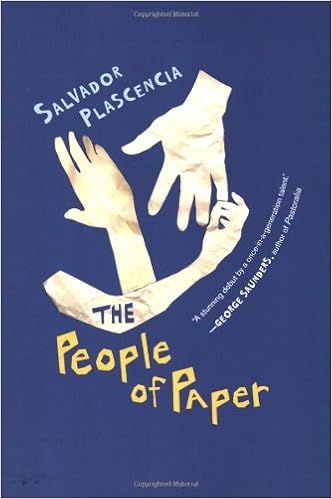Archive
According to Harris, “digital, electronic, and hypertextual archives have come to represent online and virtual environments” (Katherine Harris, JHGDM 16);
Archiving is “guided by principles of preserving history” (Katherine Harris, JHGDM 16).
Increasingly our possessions and our communications are no longer material, they’re digital and they are dependent on technology to make them accessible. As new technology emerges and current technology becomes obsolete, we need to actively manage our digital possessions to help protect them and keep them available for years to come.

 Salvador Plascencia’s debut novel
Salvador Plascencia’s debut novel 